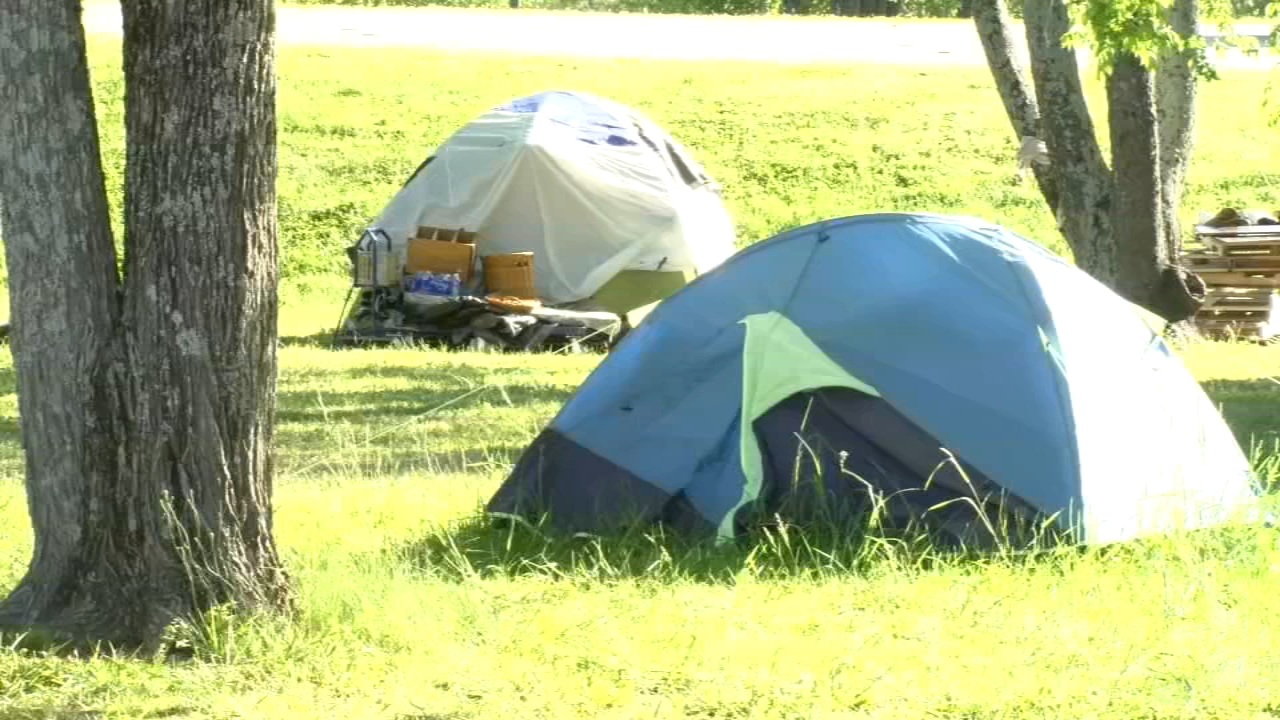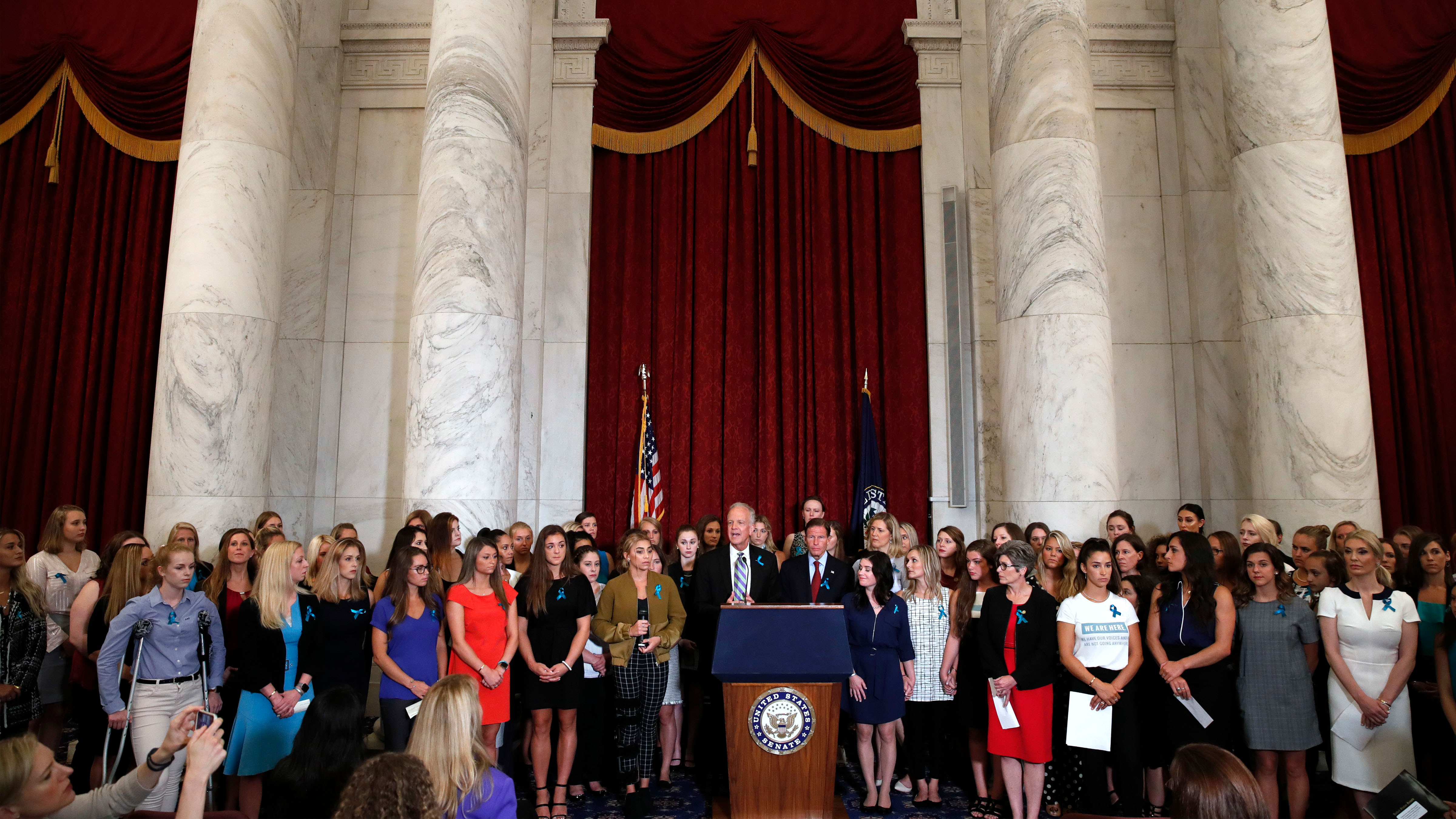Masks, temperature checks, health screenings: Wake County Schools leaders discuss what reopening will look like

WAKE COUNTY, N.C. (WTVD) -- The Wake County Public School System Board held a work session where they reviewed guidelines for reopening safely on Wednesday.
Though the district wasn't planning to require staff or students to wear face coverings, Gov. Roy Cooper's executive order mandating masks will supercede the school's guidelines for students older than 11 years old. In addition, visitors and any staff taking temperature checks or dealing with symptomatic people must wear a face covering, even if Cooper's order expires before the start of the school year.
Dr. Jim Martin, a North Carolina State University chemistry professor and school board member, said he'd like to see stricter policies in place.
"Under the current situation where cases are increasing, and we've got to get things better under control that mask wearing would become mandatory of everyone and then give the option to back off when things are under control," Martin shared.
For bus riders, students will need to bring an attestation form filled out by parents daily to hand to the driver. If a student does not bring that form, the driver will ask screening questions. If a student does not pass the screening, the driver will need to stop the route and wait for a guardian to pick the child up.
Board member Chris Heagerty had reservations about potential delays and wait times.
"What happens to all the other children on the bus if they're there over an hour? And how frequent will this be? I have some real concerns about whether or not we can do that," said Heagerty.
Upon arriving at school, all students and staff will receive temperature checks and symptom screenings. Anybody who does not pass the screening will need to go home.
RELATED: NC lawmakers aim to increase school nurses amid COVID-19 pandemic
The district is also encouraging students and staff to undergo temperature checks at home daily; anybody with a temperature 100.4 or higher needs to stay home.
District leaders also discussed three main plans for class and scheduling structure:
- Plan A: Daily face-to-face instruction for all students
- Plan B: A mix of online and in-class learning
- Plan C: Fully online learning for all students
Plan B - the mixed schedule - has several options within it, ranging from blended instruction based by day or by week, or different methods depending on grade level, with Pre-K through second grade having face-to-face instruction, and third through 12th fully online.
"We have prioritized the needs to not disrupt budgets and allotments to schools at this time, with such a short window of time before school begins," said Brian Pittman, the WCPSS director of High School Programs.
Board members tried to balance the value of in-class instruction with the safety concerns and logistical limitations it presents.

"I'm sure our (career and technical education) teachers are having similar concerns because a lot of those courses are very, very hands on. So how do they get that community as well between the online and the blended," asked board member Lindsay Mahaffey.
In a virtual work session Tuesday, board members reviewed a survey sent to more than 20,000 staff members, the majority responded that they would be uncomfortable returning to the classroom at the beginning of the year.
Regardless of which plan is ultimately chosen, the district will offer an online option for students who are not comfortable returning to the classroom.
Superintendent Cathy Moore stressed the importance of being prepared for any situation.
"It will need to be flexible, to be able to move in either direction. So that as we see the number of students that are engaged in a fully virtual platform or families that may choose to transport their children to school, that we may continue to sort of redefine what attendance and school looks like," Moore said.
Administrators are set to make their recommendations to the Board by June 30, and Moore noted Gov.Cooper is set to make an announcement by July 1 with his recommendations for districts.









